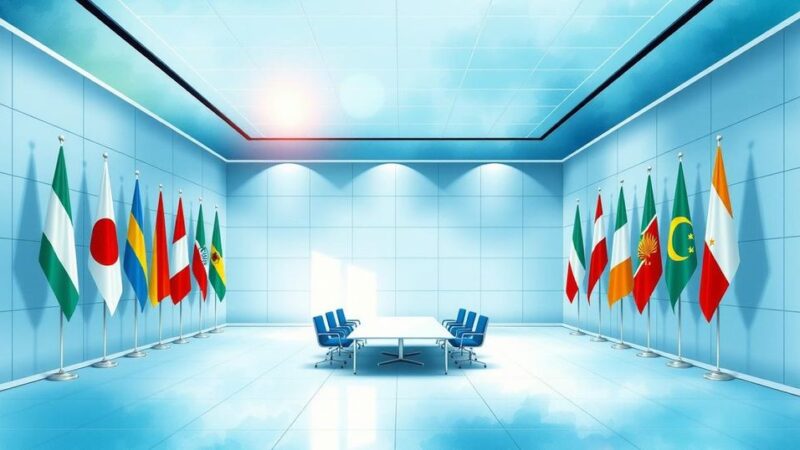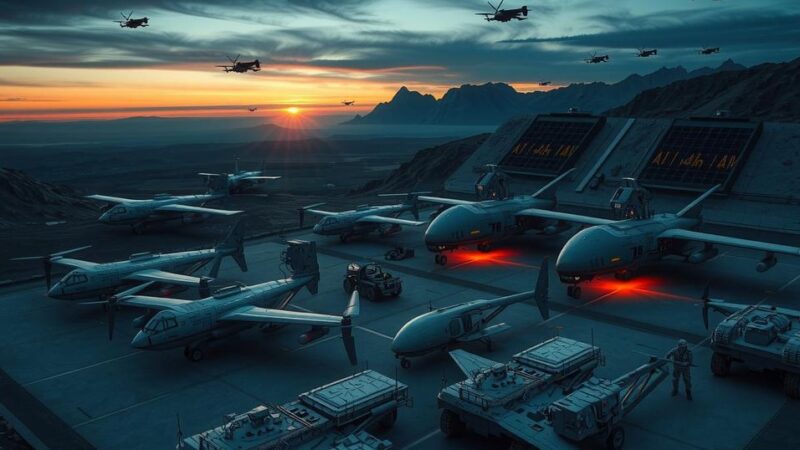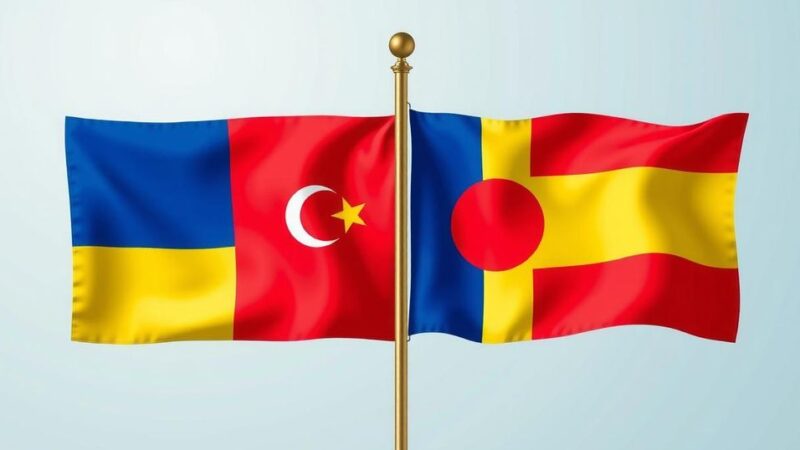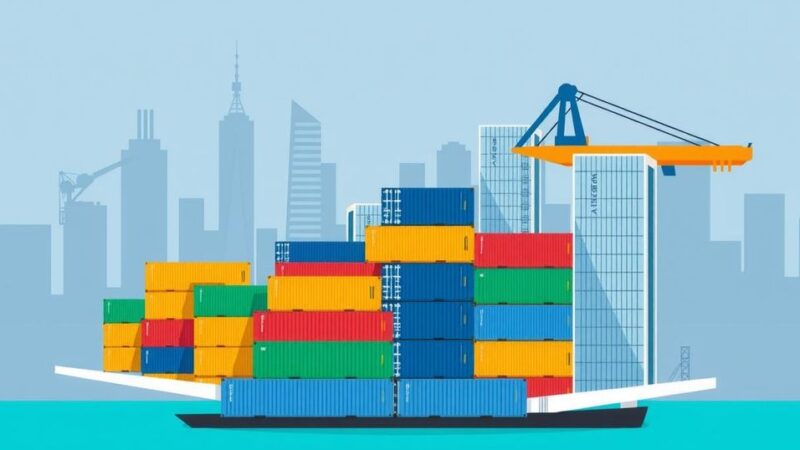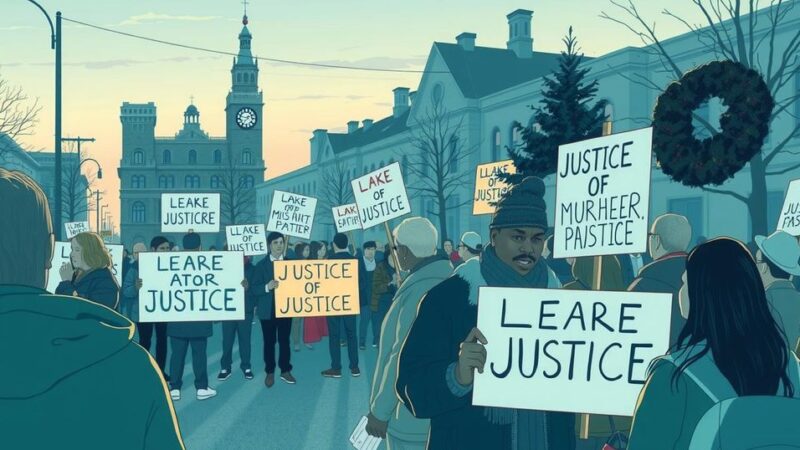The DRC government and M23 rebels are set to commence peace negotiations in Luanda, Angola, on March 18. This development follows M23’s territorial gains earlier this year and escalating tensions. Angola will mediate the talks, which are vital for addressing the humanitarian crisis affecting millions in the region. The negotiations follow previous stalled discussions that excluded M23.
In an effort to resolve escalating tensions, the government of the Democratic Republic of the Congo (DRC) will engage in peace talks with the M23 rebels next week in Angola. The discussions are set to commence on March 18 in the capital city, Luanda, as confirmed by a statement from Angolan President João Lourenço’s office. These negotiations follow M23’s significant territorial gains in January, including the capture of Goma, a strategic city, and Bukavu, the second largest city in eastern Congo.
Angola has taken on the role of mediator in the ongoing conflict, with President Tshisekedi having visited Angola recently to deliberate on the possibility of peace talks. An official statement from Lourenço’s office highlighted the commencement of “direct peace negotiations” between the DRC and M23, signifying a crucial step in addressing the unrest in eastern Congo, which has long been afflicted by violence from rival armed groups.
The announcement of these peace talks is significant, particularly after a series of previously cancelled discussions that focused on the rebels’ Rwandan supporters without including M23. The urgency for negotiations has increased due to Rwanda’s insistence that any peace agreement be contingent upon a direct dialogue with M23, which the DRC government had initially resisted. This approach is critical as more than 7 million individuals have been displaced due to the conflict, which has become one of the most severe humanitarian crises globally.
M23, bolstered by approximately 4,000 Rwandan troops according to UN reports, poses a considerable threat as they threaten to extend their reach towards Kinshasa, the capital of DRC. The international response includes a recent initiative by the UN Human Rights Council to investigate severe human rights violations committed by both parties in the conflict, including allegations of sexual violence and extrajudicial killings.
The scheduled peace talks between the DRC government and M23 rebels in Angola represent a critical opportunity for resolving ongoing tensions. With both sides aiming to address the humanitarian crisis affecting over seven million people, the commitment to direct negotiations could pave the way for a more stable and peaceful eastern Congo. Continued international support and transparency during this period may prove essential in achieving a sustainable resolution.
Original Source: www.euronews.com


